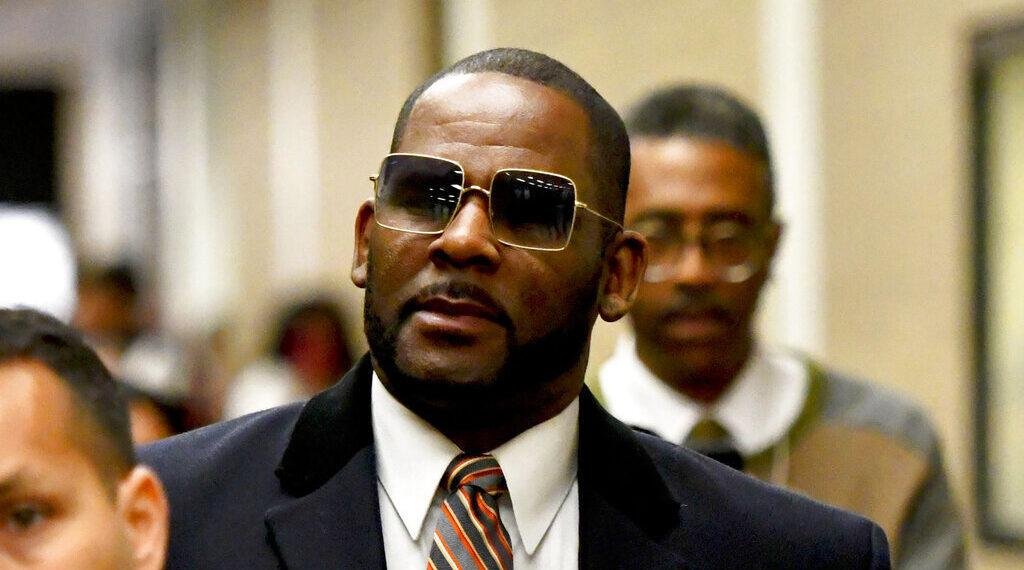Social media platforms are witnessing an unprecedented surge in discussions and demands for a presidential pardon for disgraced R&B singer R. Kelly. The campaign has gained momentum particularly after President Donald Trump’s recent actions regarding pardons for individuals involved in the January 6 Capitol riot, sparking debates over the use of presidential clemency powers.
R. Kelly, whose legal name is Robert Sylvester Kelly, was convicted on federal racketeering and sex trafficking charges in 2021, leading to a 30-year prison sentence. The case against him involved allegations of abuse spanning decades, with numerous victims sharing harrowing accounts of their experiences.
The call for his pardon, trending heavily on X, has been met with mixed reactions across the public sphere. Advocates for Kelly’s release argue primarily from the perspective of redemption and the belief in second chances, despite the severity of his crimes. They point to the influence of his music on culture and the lives he has positively affected, advocating for a reconsideration of his sentence.
However, this movement has also drawn significant backlash. Critics argue that granting a pardon to R. Kelly would not only undermine the judicial system’s integrity but also send a harmful message regarding accountability for sexual crimes. Many point to the gravity of his offenses, emphasizing the need for justice for the victims whose lives were irreparably damaged.
Legal experts have weighed in on the feasibility of such a pardon. According to the Constitution, the President has the power to grant pardons for offenses against the United States, but this act typically comes with considerable scrutiny, especially in high-profile cases. “A pardon for R. Kelly would be controversial and would likely lead to a significant public outcry,” says legal analyst Sarah Thompson. “It would also potentially open up discussions about the criteria used for granting pardons, especially when public sentiment is heavily influenced by social media campaigns.”
Read also: Trump okays policy, allowing immigration arrests at Schools, Churches, Hospitals
President Trump, known for his use of clemency powers, recently pardoned over 1,500 individuals involved in the January 6 Capitol riot, which was part of his campaign promises to support those he described as “patriots” and “hostages.” This action has fueled discussions on the selective application of presidential pardons and has set a precedent for using social media as a platform for advocating clemency.
Public opinion, as reflected on social media, remains deeply divided. Some posts laud the move towards forgiveness, while others decry it as an injustice to the victims of Kelly’s crimes. The debate has also ventured into broader discussions about the criminal justice system, rehabilitation versus punishment, and the role of public opinion in legal outcomes.
The White House has not yet commented specifically on the calls for R. Kelly’s pardon. However, given the administration’s recent actions on pardons, this topic might soon come under official consideration or at least prompt a statement from the President or his legal advisors.
R. Kelly recently released two new tracks, “My Soul Cries Out” and “Second Chance”. The songs were so heart-touching that many of Kelly’s lovers are now moved to call for his release.
This article is written by our editor Obah Sylva






